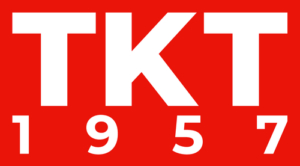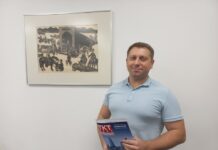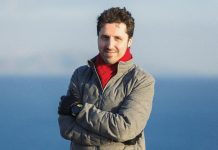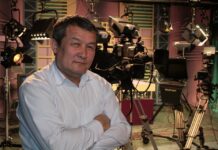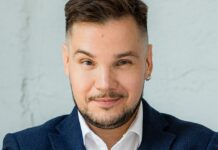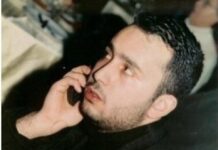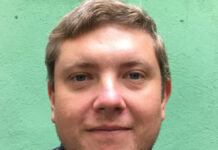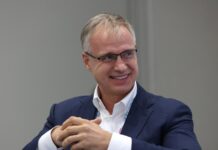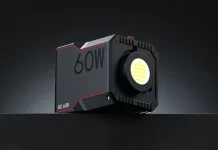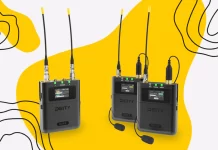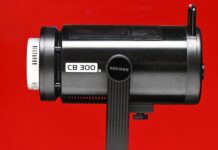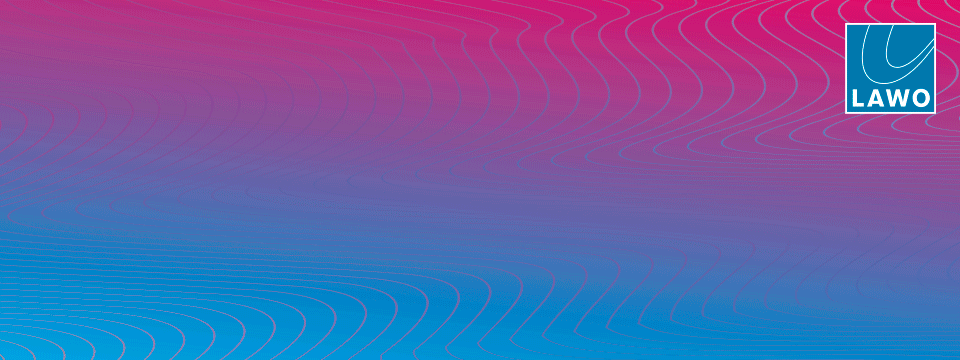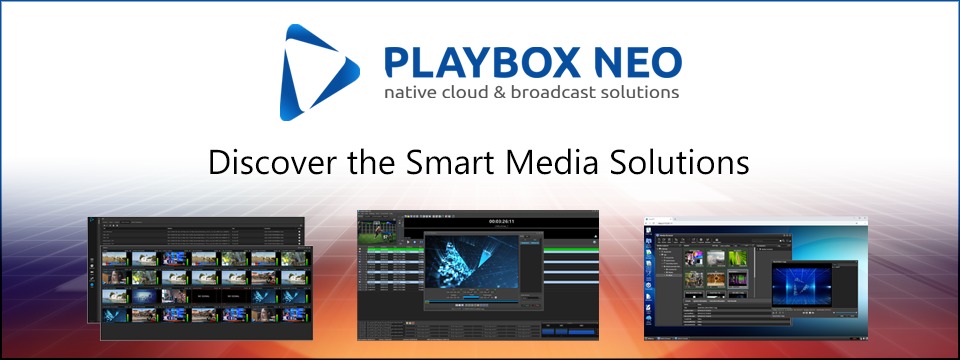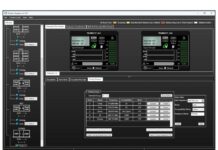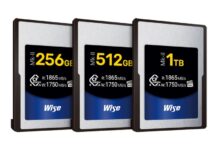An interview with owner of First Light Broadcast and consultant for multiCAM Systems and Telos Alliance, Mary Ann Seidler.
– When and where were you born, and who were your parents? Tell us more about your childhood.
I was born in Nebraska, in the US, but I am Canadian and American. I am very proud to be a Canadian! No one in my family was technical – my father is a lawyer, and my mother is a writer. It was a pretty typicalfamily; I have four brothers and sisters. None of them were technical either. But when I was nine years old, someone gave me a crystal radio set to put together. When I built it, I could hear it working, which was like magic to me! After that, all I wanted to do was to be on the radio.
– What about your school, were you a good student?
You know, like many kids I did incredibly well in the subjects I was interested in, and not so well in the ones I wasn’t. I did very well in anything to do with music, social sciences, and language, but at that time they weren’t teaching a lot of technology. So, I went to university and graduated with degrees in history and journalism. I went to Penn State, I chose it because I wanted to pay for it myself, and at the time it was fairly affordable. I wanted to study history, and they had a good history department. I also wanted to get out of the Midwest, if you must know.
– If you like technology, why did you choose history and journalism?
I didn’t think I could follow an engineering track at the time, because I didn’t have a strong enough math background. But going into journalism allowed me to go into broadcast journalism. In the first class I took where I was learning television journalism, we had to operate all the equipment. I thought that was very cool. I then volunteered at the college radio station.

– Penn State is quite an expensive university, did you have scholarships?
No, I worked my way through school. At night and on the weekends, I worked as a waitress, and that’s how I paid for school. I did not have a loan, so I literally worked all the time. I was lucky because I didn’t need to take out any loans. My parents would have helped me, but I didn’t want them to. I wanted control over the situation, and I was stubborn.
I graduated from high school very early, when I was 16. I was very determined to get through school quickly. I loved it, so I just wanted to keep taking classes and get to university. That was my goal. I also worked through all the summers, so I had money saved up for college.
– You weren’t from Pennsylvania, so was it more expensive for you?
That’s a good question. I stopped school for a year and worked full-time to get residency, and then went back. Because I was so young when I started, I was able to do that. I was very determined.
– What about broadcasting made you go into that specifically?
When I was a kid, radio sounded so magical. I liked that it was about artistry, but also technical. Because I really loved music, and I played the cello and piano, I loved hearing music. There is also a technical side, how you make this broadcast work, so I very much enjoyed that part of it. I found that being a journalist was okay, but I enjoyed the technical side more.
– What did you do when you volunteered at the college radio station?
I was a newscaster. I wrote my own news show and did that a couple of times a week. Then, when I graduated from college, I was a news director and sports director at a small station. I worked there for a few years, probably three.
But something happened that made me not want to stick to journalism. There was a murder trial. This young man was on trial for murdering a friend, and his parents were at the trial. They were immigrants from India, they were such kind people. On the last day of the trial, I nearly slipped on the ice, and this man’s father turned around to help me, to make sure I didn’t slip. After the trial, the man had been found guilty, and I was supposed to put a microphone in these people’s faces. I was supposed to ask them how they felt, knowing their son wouldn’t get out of prison. I just couldn’t do it, it wasn’t me. This is important for journalists, but I realized that I could never be a hard-nosed journalist. I liked the technical side, so that’s where I switched over to technology.
– What was the next step?
Then, I started working for a company that provided weather services. I went to the owner of the company and said that we could make this technology that we could use to create graphics, to offer TV stations a graphics package. This was very expensive in the past. He agreed, and let me go around the country showing people this equipment. We sold a lot of them, so we did well. I liked figuring out that this was something new that we could create. Eventually, I started working at a company called Telos Systems, where I helped them launch their international division, and I moved to Germany.
– Why Germany?
Because I’m crazy! But really, I was very interested in this technology called ISDN. I looked around in the US and Canada and realized they weren’t nearly as advanced as the Europeans with what was going on with ISDN and audio codecs. So, I approached the company that I had been helping and said, would you like to open a European division? They said they were planning on it, and I said I would like to run the sales for them. I didn’t know anything about Germany, I had only been there for a short visit. They said OK, do you want to move to Munich? I said why not, so I did. I started the international division of Telos.
Before Munich, I lived in Montreal, in Canada. So, I also spoke French. The main thing is that I understood how to learn and study a foreign language, so it wasn’t as difficult. They had evening classes, and during the evenings I would go to German class. It was also very helpful to hear it on television.
– Most people in Germany, especially in this industry, speak English. Why did you learn German?
I wanted to make friends in Germany! I didn’t want to be a foreigner. I wanted to be able to communicate and understand the culture. It is also fun to learn other languages.
– Did you like Europe?
I loved it! It was fascinating. The one thing I really missed was the black sky at night. In Canada, when you go out of the city, it is dark, so you can see the stars. In Germany, there is no place that is dark enough to see the sky and the stars.
– Who were your main clients in Europe?
Everyone from Radio France to BBC, to a lot of private stations all over Europe. This obviously also includes the German stations, and a lot in Italy as well.

– Could you compare the principles of work in different European countries? Especially given your North American background, it is always interesting to see the differences in attitudes and customs.
I find that some countries tend to be very methodical with how they deal with any technology, and extremely cautious. Other countries will see a way forward. If it solves a problem for them that they want to solve very quickly, they’ll move ahead. It’s interesting, engineers in some countries, at least at the time, were very much more in charge of things than the programming people. In other countries it was the other way around: the programming people drove the decisions.
– How long did you work in Europe?
12 years. Then I moved back to Canada, to Montreal. I think I was a bit homesick. There were things about Montreal that I absolutely loved. There was also more that I wanted to do outside of Europe. When I left, I was the international director of sales.
– Why did you leave?
That’s a very good question. I had been traveling non-stop for many years, it was very tiring. I was ready for a change, to see what else was out there. I always liked new challenges. I also think the company wanted to do some things differently. I had been with the company when it was very, very small. Sometimes it’s hard for someone in that position to realize that they can’t be in chargeofeverything because it doesn’t make sense anymore. It was a good time for me to leave.
– What was the next stage after you returned to Canada?
Oh, I stayed working for Telos for a couple of years in Canada, as the international sales director. After that, I worked for Wheatstone for a while. They make audio consoles. I was there for a couple of years, also doing international sales, I was their international director of processing sales. After this, I started doing kind of my own thing. I eventually went back to work for Telos, but in a smaller area of audio processing.
– What happened next in your career?
I looked at where radio was going, and I was ready to do something beyond just radio. Somehow, very fortunately, I met the guys from multiCAM at a conference in Lausanne. I kept going up to their booth because I had actually heard about them several times.
Now, I’ve opened my own consulting company, and I work for multiCAM, but I also do work for Telos. I do contract work for both companies. For multiCAM, I am in charge of their North American division. For Telos, I work with virtualization. We come up with solutions for people that may not be on the price list, we help create something for them. So, it’s specialized solutions.
– When did you open your business?
Two years ago, it was very difficult. Oh my gosh, and I started working for multiCAM last February! There was no NAB, so we had to figure out how to get the word and demos out to people. We started doing a lot of virtual demos, which works very well, but then also doing webinars, just trying to come up with creative ways to reach people. This is a challenge because people are bombarded with so many webinars. I think the biggest things we’ve been able to come up with are clever emails or messages that people will open.
– Do you work alone, or do you have staff?
I’ve got a couple of people that I work with. We have an engineer, and I have someone in the office who acts as our accountant, so I can concentrate on sales.
–What do you like to do outside of work?
Biking and skiing!
